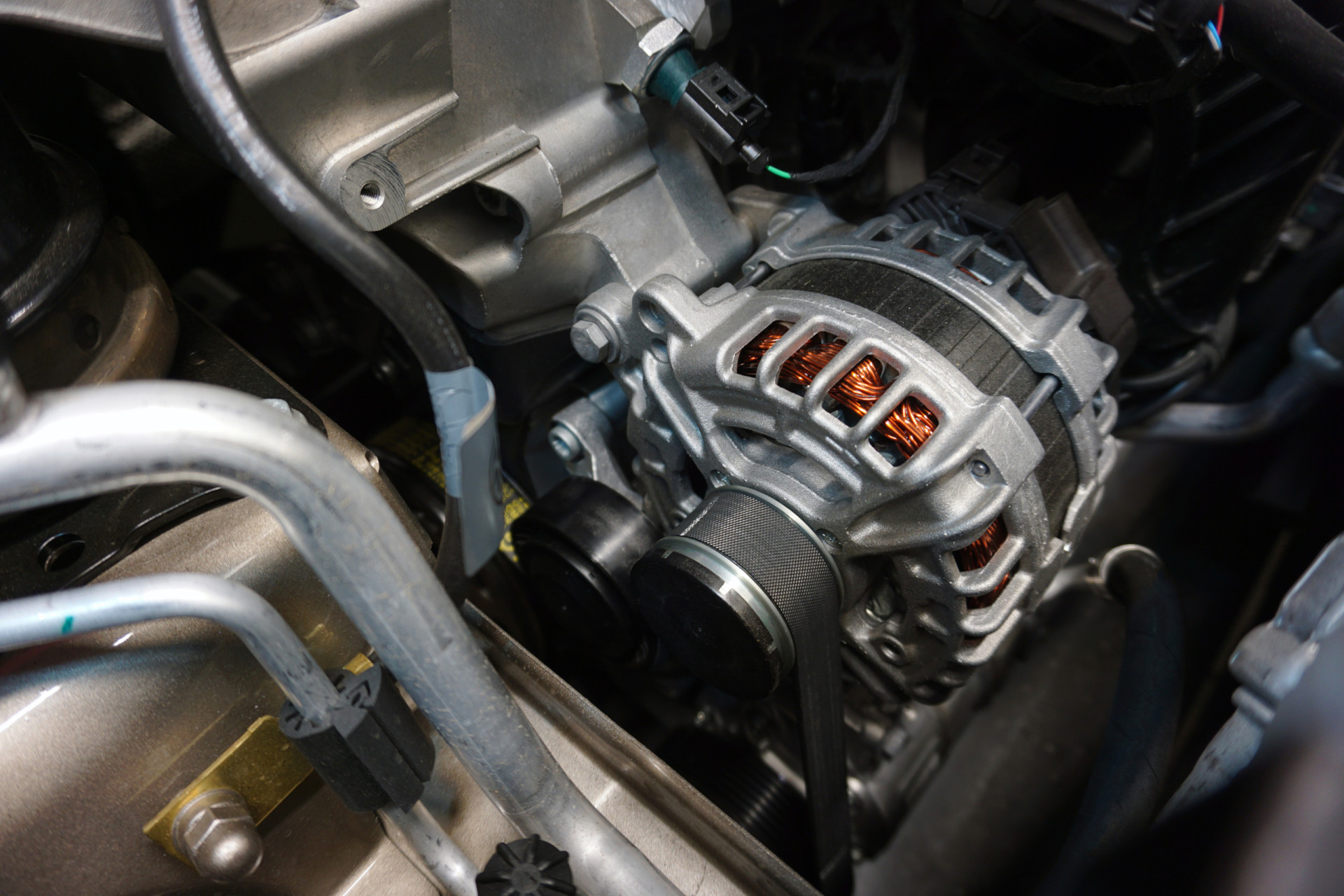When your car refuses to start, it can be a frustrating and inconvenient experience. One potential culprit that may be causing this issue is a faulty alternator.
What is a Car Alternator?
An alternator is a crucial component in your vehicle’s charging system. It is responsible for converting mechanical energy from the engine into electrical energy to charge the battery and power the electrical systems in your car. Without a functioning alternator, your car’s battery will eventually discharge, and you will be left with a dead vehicle.

When the alternator is not working properly, it can lead to a range of symptoms, including:
- Difficulty starting the car
- Dim or flickering headlights
- Electrical system problems, such as malfunctioning power windows or radio
If you are experiencing any of these symptoms, it is important to have your car’s alternator checked by a qualified mechanic.

What Causes Alternator Failure?
There are several factors that can contribute to alternator failure, including:
- Worn or damaged belts
- Faulty voltage regulator
- Diode failure
- Overheating
Regular maintenance and timely repairs can help prevent alternator failure and extend its lifespan.

How to Diagnose an Alternator Problem?
Diagnosing an alternator problem usually involves the following steps:
- Checking the battery voltage with a multimeter
- Inspecting the alternator belt for wear or damage
- Testing the alternator’s output using a voltmeter or alternator tester
If the tests indicate a faulty alternator, it will need to be replaced.
Conclusion of Car Wont Start Alternator
A faulty alternator can be a major inconvenience and can lead to further problems if left unchecked. By understanding the symptoms and causes of alternator failure, you can help ensure that your car stays running smoothly and reliably.
